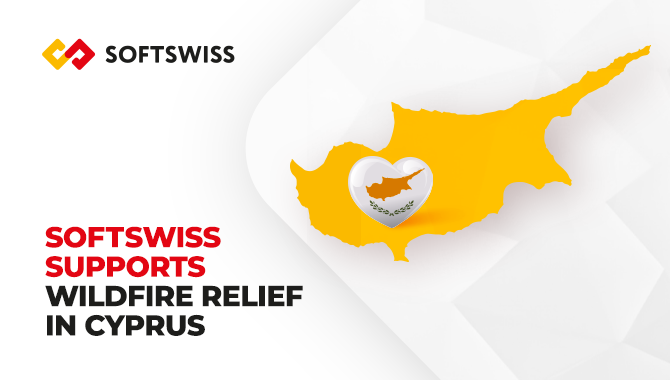Greece’s Anti-Money Laundering Authority identified around 200 people suspected of laundering money through betting companies, including senior public officials and ministry directors with unexplained gambling expenses compared to declared income. The investigation, directed by former Supreme Court deputy prosecutor Charalampos Vourliotis, found a scheme where individuals gambled up to €1 million through about 10 betting companies, according to Greek media.
Authorities detected the money laundering system by comparing gambling activity with suspects’ tax return declarations. The scheme used a regulatory gap that permitted cash deposits via retail intermediaries such as convenience stores, mini-markets and petrol stations serving as collection agents for licensed betting operators. Cash of unknown origin was deposited with these agents, credited to gambling accounts and later moved to personal bank accounts, appearing as legitimate gambling winnings while laundering the funds.

Greece Retail Network Facilitated Cash Processing
The probe showed that betting companies relied on store owners outside the finance and gambling industries to act as collection agents. Customers provided cash at these outlets, and the money was linked to gambling accounts using operator-issued unique codes. The authority identified suspects by reviewing mismatches between reported income and actual gambling spending.
Officials under investigation were directors of ministries and public services who reported not having earned their gambling-related money from their legal salaries. Upon the discovery of the scheme, the Anti Money Laundering Authority reported to the Gaming Control Supervisory Committee which is in charge of gambling regulation in Greece. The report which closed out a large-scale issue of money laundering through regulated betting.

 Companies
Companies 





